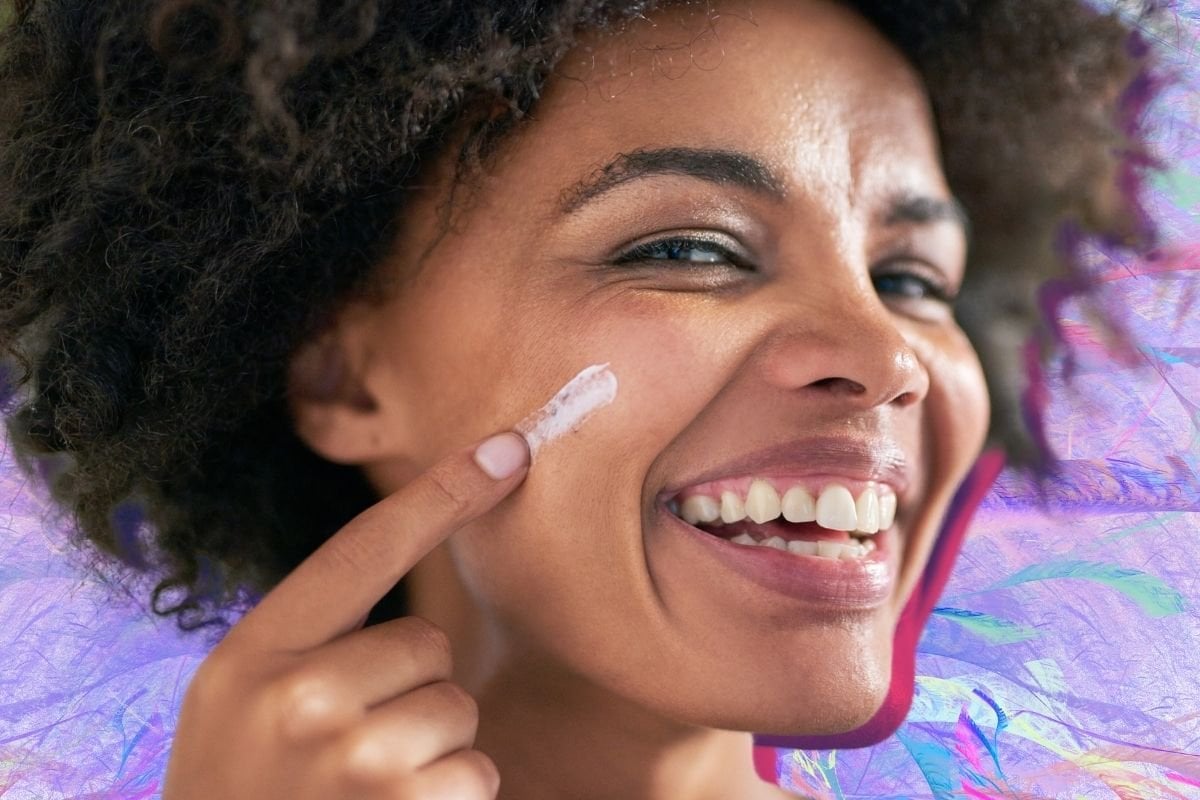
Look, you don't have to be a beauty aficionado to know that a lot of what we're told about skincare is fluff. It is! It really is. And yes, we all know you can't believe everything you see slapped on the front of products.
However! We also know that skincare is a WONDERFUL thing, and there are some hard, meticulous, science-driven brands out there that can do some pretty amazing stuff for people's confidence. It's not all just BS in nice packaging.
But see, there's a wee problem.
The beauty market is very noisy, overwhelming and riddled with wildly buzzy/trendy/unnecessary stuff. And it can make things awfully confusing for the average dame.
Watch: Here's seven ways to improve your skin while sleeping. Post continues below.
Y'see, someone on TikTok was having a yarn about the skincare industry recently, and since we're very cool and down with the kids these days, we watched it. And it was a little confronting.
Like, we chuckled it off, but we're still thinking about it.
Top Comments